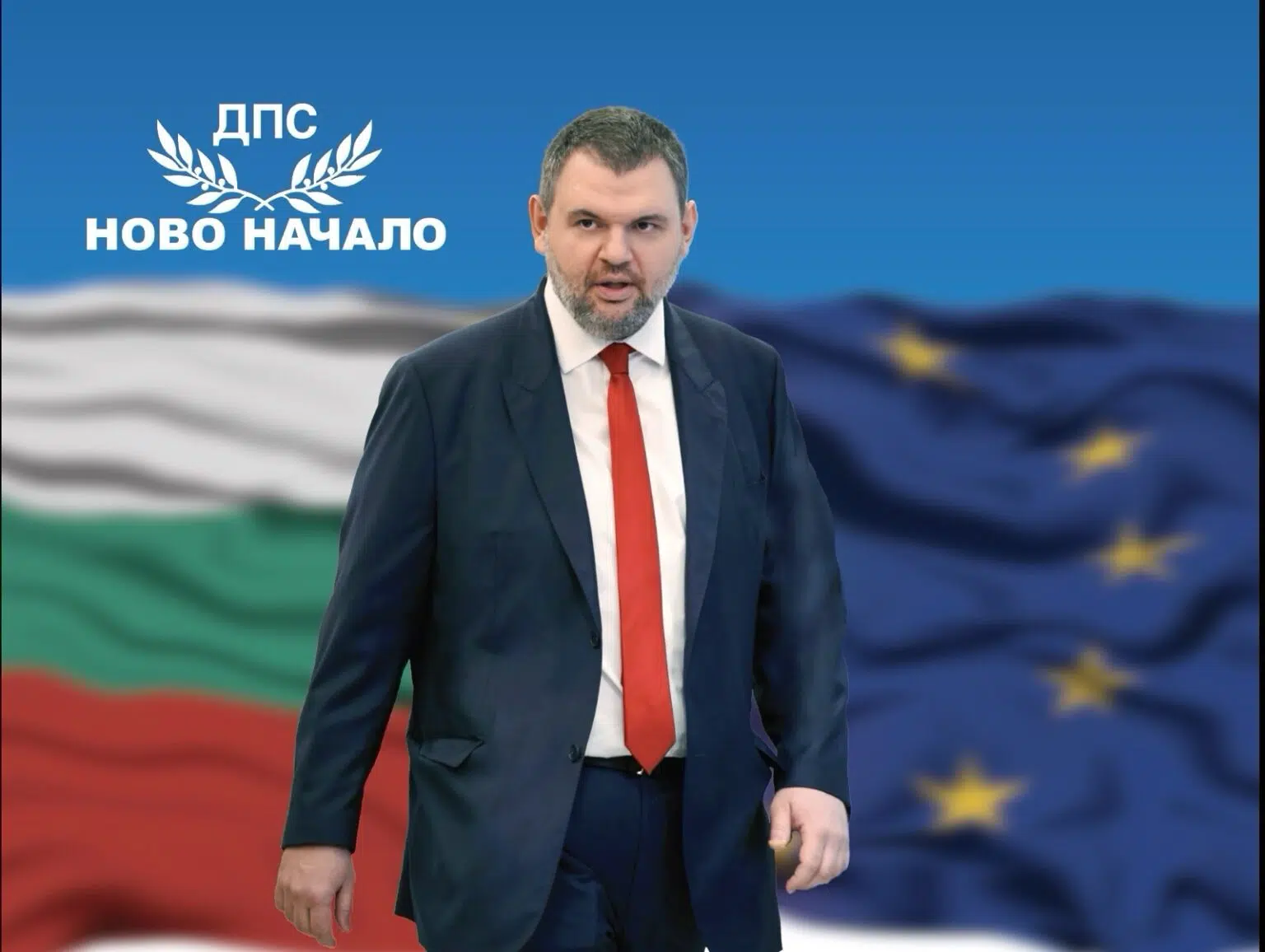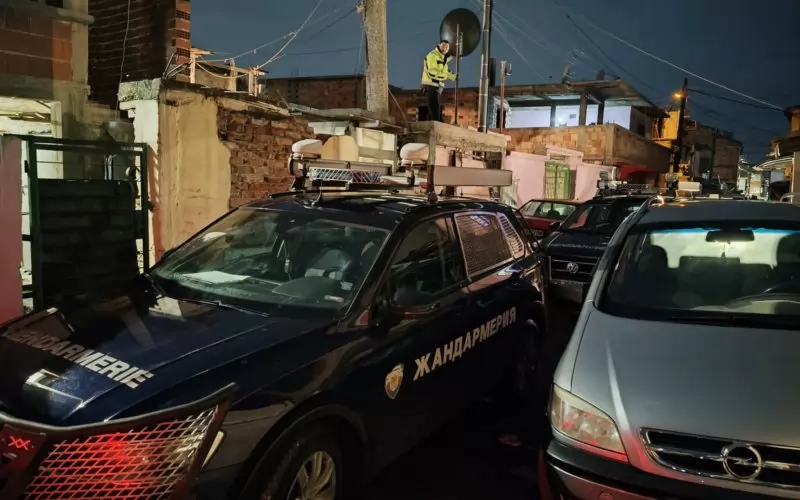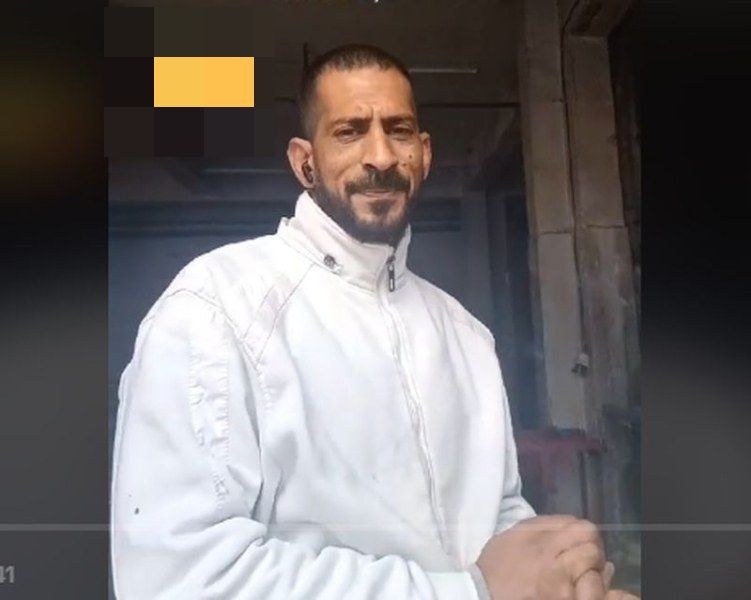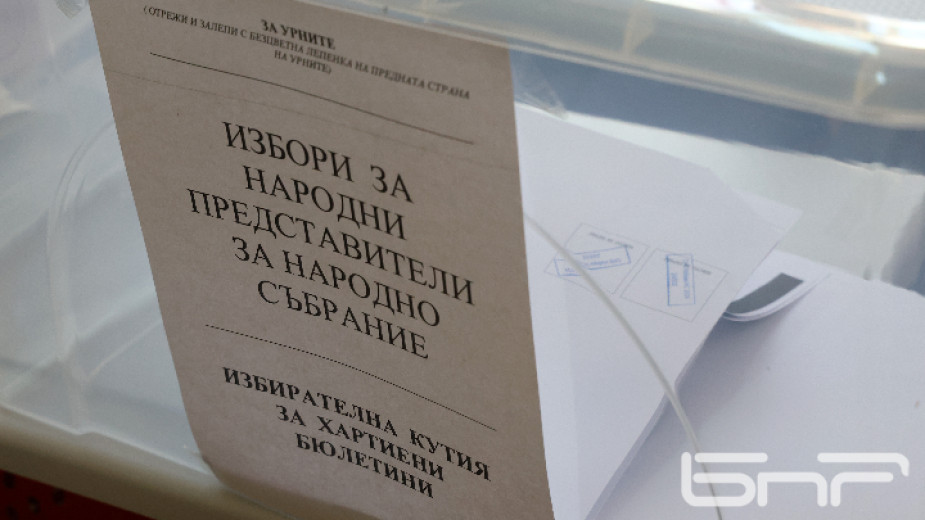Peters (2013) informs about the fate of Nizaqete Bislimi, a “poverty migrant” from South Eastern Europe, who now works as a lawyer. It addresses the different facets of her life, such as the difficulty to openly stand by her Rroma origin. She notes: “I’m not going to adjust my life. […] I did not want to be a Gypsy woman, I felt ashamed. […] When I confessed it once to a girl friend she said that: You? But you’re clean! And good in school!” Peters shows the bias contained in the politicians’ reasoning such as for example Interior Minister Hans-Peter Friedrich: They distinguish only between economically interesting, elite-migrants and poverty immigrants. That the transitions between these two extremes is continuous and that poverty immigrants can improve their attractiveness to the labour market, is not taken into account in this simplistic views. There follows a detailed description of the regulatory hurdles that Bislimi had to overcome to study law and get a residence permit. The statistics on the predicted povertymigration are to be taken with caution: for example, the number of immigrants from Romania and Bulgaria from 2007 to 2011 passed “from 64,000 in 2007 to 147,000 in 2011 more than doubling” but this number ignores thousands of seasonal workers, According to Peters even up to two-thirds. In addition, 20.9 percent of the Romanian and Bulgarian immigrants have a college degree, a proportion higher than the one of the majority population in Germany, which is at 18.1 percent.
At the end of the article Bislimi confirms the issue raised by Contact Point Rroma on visible and invisible Rroma and the reduction of Rroma identity around poverty: “I personally know of lecturers at universities, students, entrepreneurs, doctors. But most do not identify themselves as Roma, fearing old stigmata, from which they want to especially to protect their children.”
Gürgen (2013) discusses the work of the regional office for job training, integration and democracy (RAA). The organisation is committed to the successful integration of immigrant children in German schools, the focus currently lying on immigrated Rroma children. After initial reservations, especially on the teachers’ side, the work of the organisation is now broadly recognised and brings a lot of positive experiences. The aim is to successfully mediate between immigrant families and public schools. On the families’ side, according to the project spokeswoman Susanna Ismailovic, there are deeply rooted reservations about state institutions. A positive fact is that all the active auxiliary teachers speak Rromanes.
Walther (2013) speaks about two “invisible Rroma” who have successfully studied political science and subsequently spent two months at the European Centre for Minority Issues (ECMI) in Flensburg. The two young Rroma are a stark contrast to the usual stereotypes and image of Rroma propagated in the debate on poverty immigrants: They are not poor, uneducated, work-shy and criminal but hard-working and intelligent. Diana Iuliana Pirjol and Aleksandar Marinov come from a humble background in Romania and Bulgaria. They emphasise that their families support them in their efforts and see education as a valuable resource. Regarding the anti-Rroma policies in Western and Eastern Europe, Aleksandar Marinov states, “We have no national state, to which we can feel connected, and must rely on the support of the government.” This really simple fact has been lost on many European government so far.
Sources:
- Gürgen, Malene (2013) Pilotprojekt für Roma. In: Neues Deutschland vom 31.5.2013.
- Peters, Freia (2013) Die Roma, die unbedingt nach oben wollte. In: Die Welt vom 30.5.2013.
- Walther, Antje (2013) Den Roma auf der Spur. In: Flensburger Tageblatt vom 28.5.2013.







